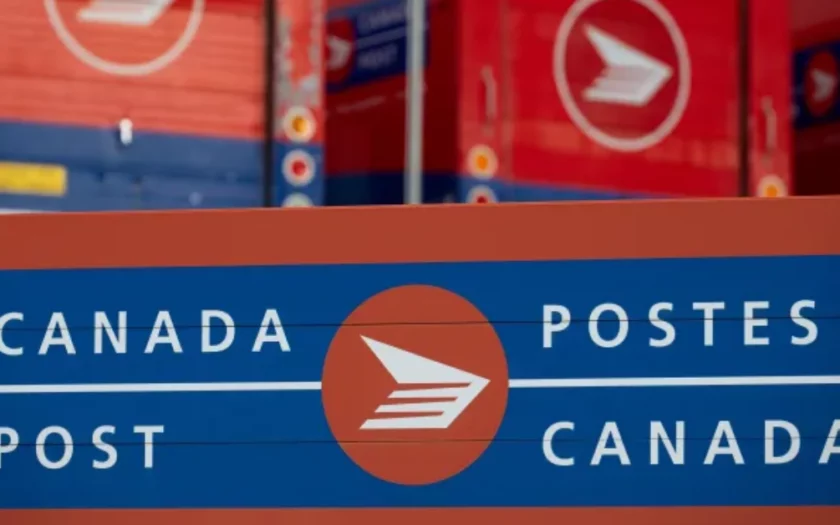After more than 18 months of negotiations, Canada Post and its unionized postal workers have yet to reach a final agreement. Even after the federal jobs minister gave a mandate for progress more than three weeks ago, no date has been set for a worker vote on Canada Post’s so-called “final” offer.
While the standoff continues, Canadians — especially seniors — are left in limbo, worried about how a postal strike could affect the timely delivery of government income like Old Age Security (OAS), Canada Pension Plan (CPP), and the Guaranteed Income Supplement (GIS).
Table of Contents
Why a Postal Strike Matters More Than You Think
Not Everyone Gets Paid Digitally
Although direct deposit is now standard for most government programs, many Canadians — particularly seniors, rural residents, or those less comfortable with technology — still rely on paper cheques. These cheques arrive by mail, which means any disruption at Canada Post could cause serious delays.
Past Strikes Show a Mixed Track Record
During previous Canada Post work stoppages, the government has tried to prioritize the delivery of essential cheques. However, delays still happened. In some cases, seniors had to go to temporary cheque pick-up locations — a difficult or even impossible task for those with mobility issues.
How to Make Sure You Keep Getting Paid
Sign Up for Direct Deposit Today
This is the single best way to avoid any delay in receiving government benefits. You can enroll in direct deposit by:
- Calling 1-800-277-9914
- Visiting your local bank (most offer help setting up direct deposit for government benefits)
Double-Check Your Personal Information
Even if you’re already signed up for direct deposit, now is the time to review and confirm:
- Your banking details
- Your current mailing address
- Your contact information on file with Service Canada
Mistakes here could lead to missed payments, especially during a postal disruption.
Stay Alert for Government Notices
Not all government communication is digital. You might receive time-sensitive requests or notices — such as proof-of-income documents required for GIS — through the mail. If a strike delays these letters, your payments could be interrupted.
Risks of Waiting: What Could Happen During a Strike
As of June 10, 2025, the only form of strike action by postal workers has been a ban on overtime. But if negotiations fail entirely, a full work stoppage could follow. Here’s what that might mean for retirees:
- Late rent or prescription payments due to delayed income
- Missed or suspended GIS benefits if paperwork isn’t submitted in time
- Added financial stress for seniors living on fixed incomes
Going Digital: The Best Long-Term Solution
Benefits of Switching to Digital Services
Choosing to go digital isn’t just a quick fix during a postal strike — it’s a long-term solution that improves security and convenience:
- Access your payments faster
- Reduce the risk of lost or stolen cheques
- Receive government updates and notices through secure email or online portals
Not Comfortable with Technology? Help Is Available
Many public libraries, community centres, and banks offer support to help seniors get online and manage digital accounts. Some even provide one-on-one help setting up direct deposit or navigating Service Canada websites.
CPP and OAS Payment Arriving Soon in May 2025: Check the Amount, Eligibility, and Payment Dates
For Caregivers: Step In Before There’s a Problem
If you’re caring for a parent, grandparent, or other loved one, here’s how you can help protect their income:
- Ask whether they still receive paper cheques
- Help them enroll in direct deposit or access their MSCA online
- Monitor their accounts closely during the strike period for any irregularities
Being proactive can make a world of difference.
Final Thoughts Don’t Wait for a Crisis to Act
A Canada Post strike may seem like a minor inconvenience — until it disrupts essential income. For thousands of Canadian seniors, it could mean missed rent, delayed medication, or even food insecurity.
But it doesn’t have to. By switching to direct deposit, updating your contact information, and keeping an eye out for mail-based notices, you can protect yourself — not just during the strike, but well into the future.
